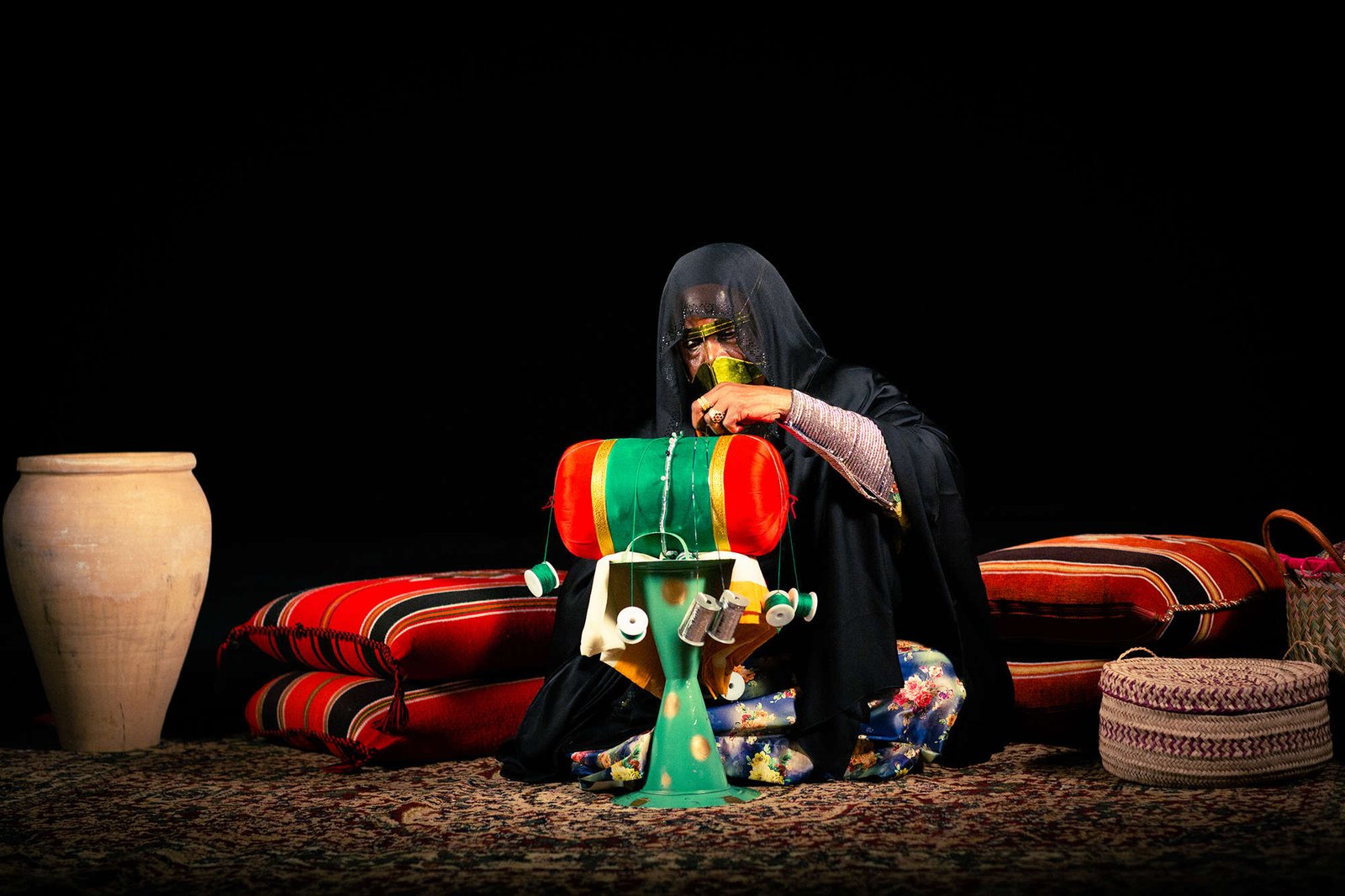In the midst of Dubai’s opulent skyscrapers, Mariam al-Kalbani dedicates herself to preserving the centuries-old art of Al Talli, a vibrant weaving tradition integral to Emirati heritage and recently designated as part of UNESCO’s Intangible Cultural Heritage of Humanity list.
Al Talli, characterized by intricately braided ribbons adorning traditional clothing and accessories, faces an uncertain future amid the rapid transformations sweeping the United Arab Emirates. For Kalbani, passing on this ancestral craft to future generations is paramount to its survival.
In Al Ain, nestled amidst mountains and desert, Kalbani imparts her knowledge to students and apprentices, underscoring the laborious process involved in mastering Al Talli. Learning this artistry demands patience and dedication, a sentiment echoed by Kalbani, who has honed her skills since her teenage years.
Al Talli’s origins may remain shrouded in mystery, but its significance to Emirati identity is undeniable. Despite the lack of precise historical records, cultural heritage experts affirm its transmission through generations, a criterion for UNESCO recognition.
While efforts to preserve Al Talli gain momentum, challenges persist. Modernization and digitalization allure younger generations away from traditional crafts, posing a threat to their continuity. Yet, the UAE government remains steadfast in its commitment to safeguarding these cultural treasures.
At the Crafts and Traditional Industries Festival, Al Talli takes center stage alongside other indigenous crafts, providing a platform for artisans like Kalbani to showcase their talents and inspire appreciation for Emirati heritage.
As Kalbani weaves her legacy, she remains hopeful that her efforts will ignite a resurgence of interest among younger Emiratis, ensuring that Al Talli’s vibrant threads continue to adorn the tapestry of Emirati culture for generations to come.



